Stellantis is reducing inventories and adjusting production ahead of the launch of new and mid-cycle product launches on the STLA platform this year.
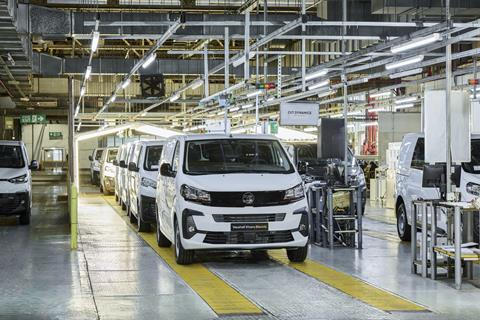
The carmaker consolidated shipments of 1.3m units in the first quarter (Q1) of 2024, according to its latest financial results released today, reflecting these production actions and inventory management to prepare for a new product wave in the second half of the year. The shipments reduced by 10% in comparison to Q1 2023 which had strong shipments in to build inventory following a prolonged period of supply chain constraints.
Stellantis reported a total new vehicle inventory of 1.4m units at March 31, and its global battery electric vehicle (BEV) and low-emission EV sales increased by 8% and 13% respectively compared to the first quarter of 2023.
Lower volumes, an unfavourable product mix and foreign exchange headwinds were blamed for lower than expected net revenues of €41.7 billion, down 12% compared to the same time period last year, however the OEM said this was partly offset by firm net pricing.
Natalie Knight, chief financial officer, Stellantis said that while year-over-year shipments and net revenue comparisons were “difficult due to transitions” in the product portfolio manufactured on its new STLA platforms, there are “clear improvements in commercial dynamics with customer sales outpacing shipments”.
“We are reducing inventories to reinforce our strong relative pricing ahead of our new or mid-cycle product launches this year in key regions,” she added. “During Q1 2024, we have introduced four new models out of our full-year launch plan of 25 models, including 18 BEV nameplates, which we believe sets the stage for materially improved growth and profitability in the second half of the year.”
In February, Maxime Picat, chief purchasing and supply chain officer at Stellantis told Automotive Logistics that the carmaker had learned lessons from outbound capaicty issues over the last few years and was looking to take more control of its outbound finished vehicle logisitcs through buying more freight assets. He said that following recent supply chain crises since Covid, outbound capacity took “far longer” to return to normal levels.
Read the full exclusive interview with Maxime Picat here
In December last year, the carmaker announced that it had entered into exclusive negotiations with a view to acquire a majority stake in French transport and logistics services firm 2L Logistics.







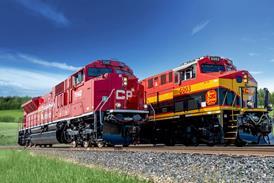







![Global[1]](https://d3n5uof8vony13.cloudfront.net/Pictures/web/a/d/s/global1_726550.svgz)
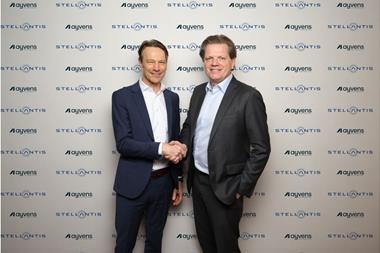
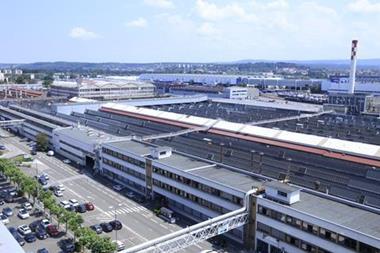

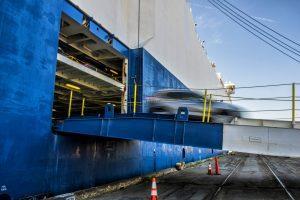
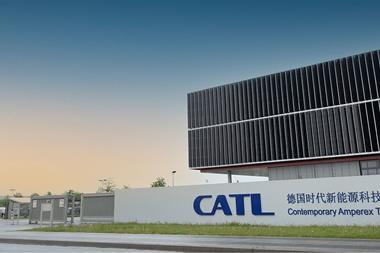




No comments yet